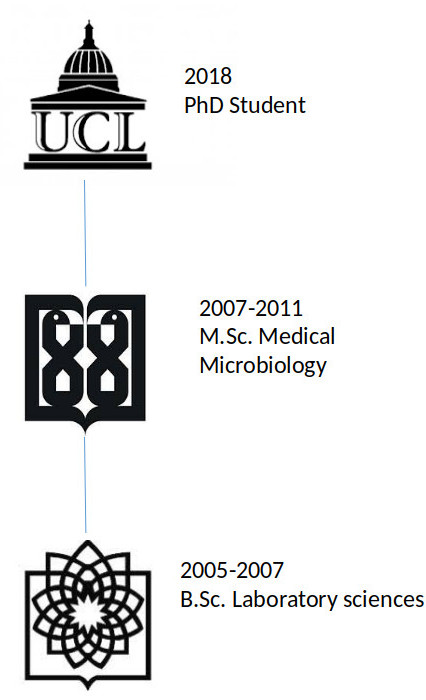Contact
Research Focus
Understanding the processes driving ageing and using this knowledge to improve late-life health is a major biomedical challenge today. We (Nazif Alic lab) have recently shown that partial inhibition of RNA polymerase III (Pol III) extends lifespan in yeast, worms and flies. This project aims to determine the molecular mechanisms underlying this longevity and to explore the relevance of Pol III to health and ageing in humans.
Pol III is one of three eukaryotic, nuclear RNA polymerases dedicated to generating short, non-coding RNA, including the transfer RNAs (tRNAs), the 5S ribosomal RNA (rRNA) and other species involved in RNA processing. Each of these classes of transcripts depend on different combination of transcription factors for their expression.
To understand which transcripts and hence which processes mediate the effects of Pol III on longevity, we will test lifespan of fruit fly with a knock-down of the relevant transcription factors.
Moreover, Aging is a risk factor in many diseases, for example cancer, dementia or cardiovascular disorders are much more common in the elderly. There is substantial evidence that shared risk factors underpin age-related diseases. Broad examination of older populations and extracting the information contained in their electronic health records is a promising approach to gain new insights in age-related disease pathomechanisms. In collaboration with a human geneticist, Dr. K. Kuchenbaecher, we will explore available genetic and health data on human population to test for associations between Pol III, Pol I and age-related health. We are especially interested in the recorded phenotypes observed with regard to variants in genes coding for enzymes RNA polymerase I and RNA polymerase III. Both enzymes have been reported to be associated with longer and healthier life in fruit flies. We will closely investigate the longitudinal health records of participants carrying variants altering the function or expression of these enzymes.
Awards
In 2020, I was honoured to have been awarded the Persia Mirzakhani Scholarship. In fact, in 2017, Persia Educational Foundation established the Persia Mirzakhani Scholarship in remembrance of the first woman to win the prestigious Fields Medal in mathematics, Maryam Mirzakhani.
Key publications
- Javidnia, S., Talebi, M., Katouli, M., Shojaie, A., Lari, A. R., & Pourshafie, M. R. (2015). Clonal Diversity of Meticillin-Resistant Staphylococcus aureus Isolated From Intensive Care Unit. Infectious Diseases in Clinical Practice, 23(3), 128–130.
- Javidnia, S., Talebi, M., Saifi, M., Katouli, M., Rastegar Lari, A., & Pourshafie, M. R. (2013). Clonal dissemination of methicillin-resistant Staphylococcus aureus in patients and the hospital environment. International Journal of Infectious Diseases, 17(9), e691–e695.
- Faraji, R., Rezaee-Tavirani, M., Bashizadeh-Fakhar, H., … Javidnia, S. (2017). A Study on Protein Expression in Cervical Cancer by Using Proteomic Analyzers. Zahedan Journal of Research in Medical Sciences, 19(8).
